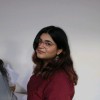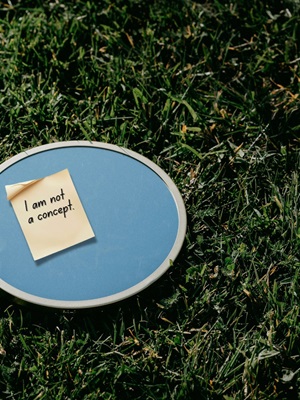
Eva _

Poet in practice. Archivist of feeling. Writing thought pieces on psychology, memory, politics, and the poetics of being human.
I'm Eva Gill (she/her), a psychology student, writer, and designer drawn to the emotional undercurrents of everyday life. My work explores memory, digital traces, and the quiet labor of being a full person in systems that prefer fragments. I'm interested in how mental health, identity, and design intersect; and how we might create softer, more just spaces for people to exist beyond performance.




